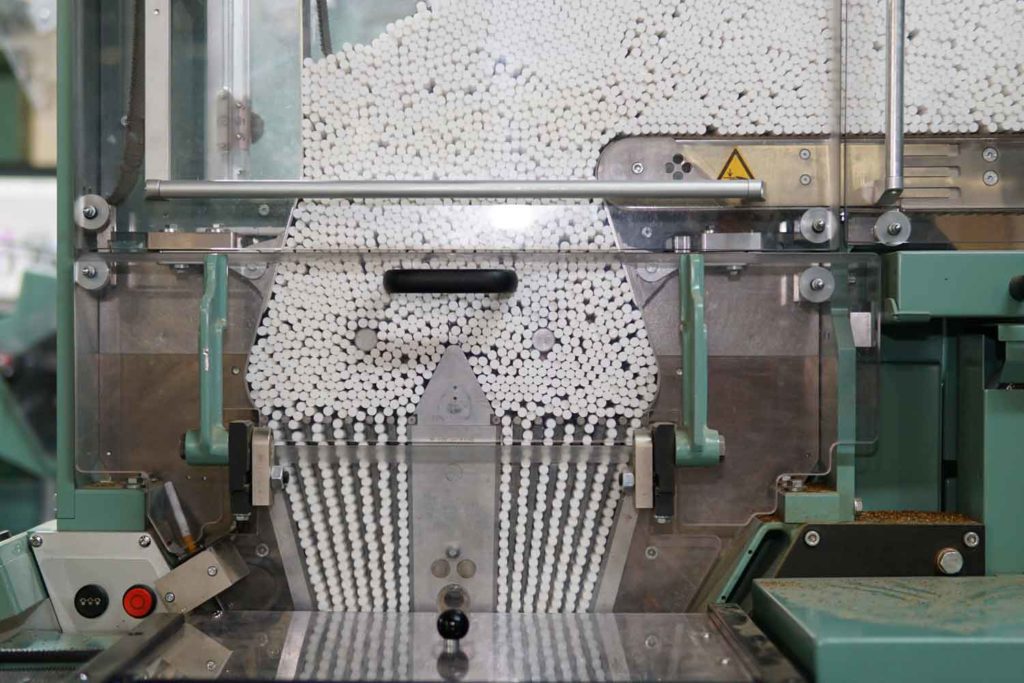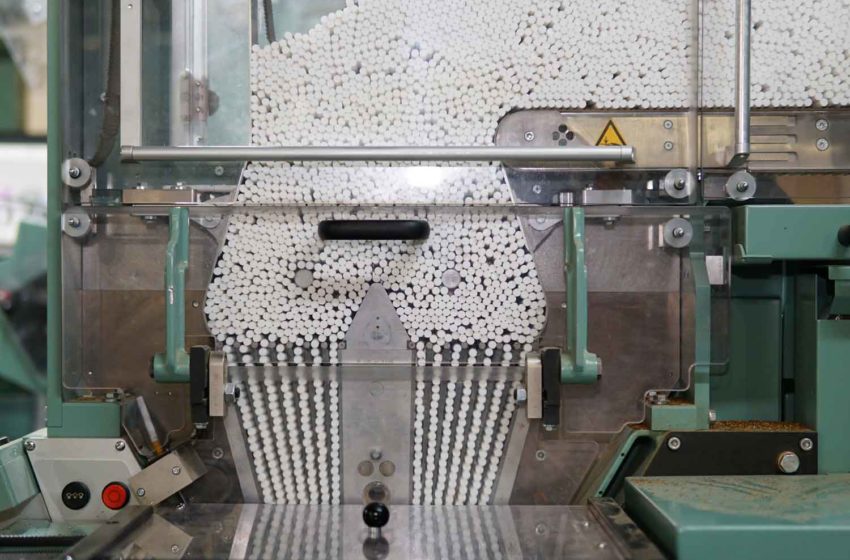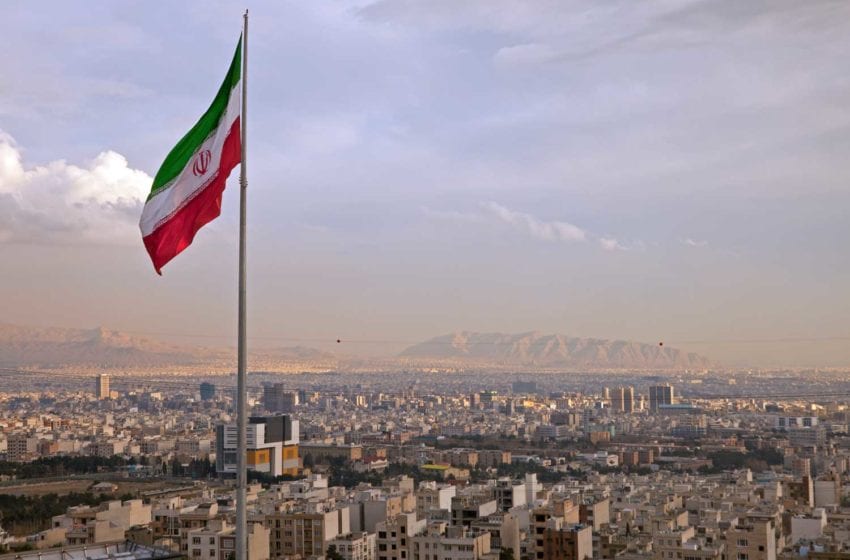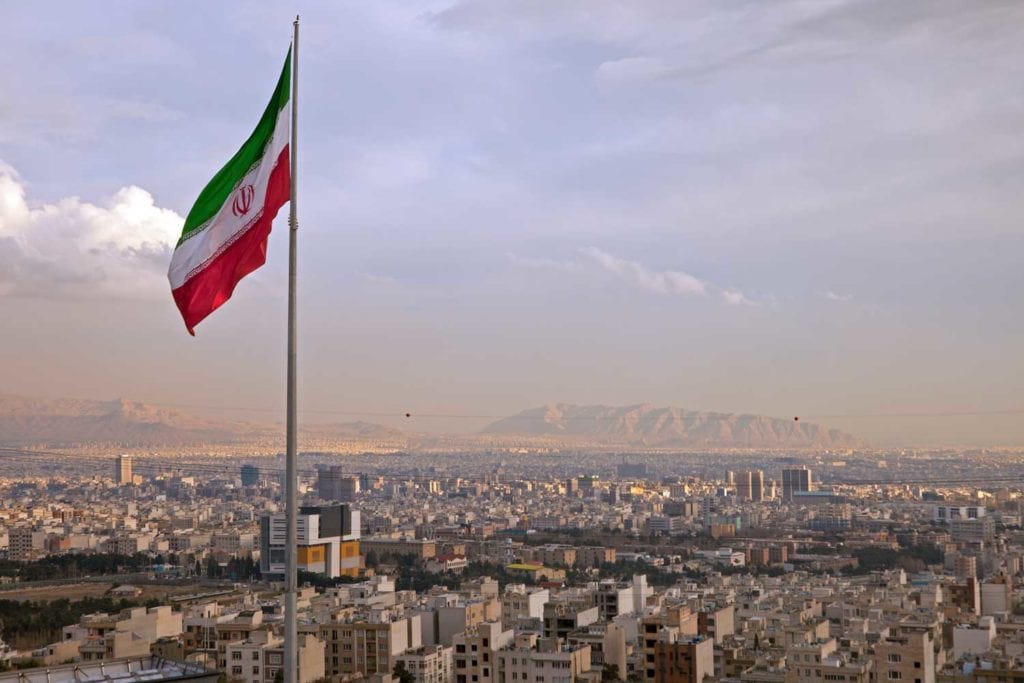
The Iranian Tobacco Co. (ITC) will build a cigarette factory in Zimbabwe, reports Press TV.
According to local media reports, ITC CEO Mohammad Sheikhan and Zimbabwe’s agriculture minister, Anxious Jongwe Masuka, signed an agreement in Harare on Jan. 26.
The facility will manufacture ITC’s Bahman brand using Zimbabwean leaf tobacco. As part of the agreement, Zimbabwe will also supply tobacco for cigarette manufacturing in Iran or for re-exports to Central Asia.
Other Iranian-made cigarette brands will be exported to Zimbabwe under the deal.
Iran’s tobacco sector has grown in recent years amid lower imports of international brands and increasing demand for local products.
The boom has enabled the ITC to revive idle plants and to start exporting to several countries in West and Central Asia.
The company’s planned cigarette factory dovetails with Zimbabwe’s ambition to move up the tobacco value chain. While the country exports hundreds of millions of kg of leaf each year, most of the value is captured by the buyers who process the tobacco into consumer products.
The country aims to generate US$5 billion from tobacco by 2025, up from US$1 billion today.





